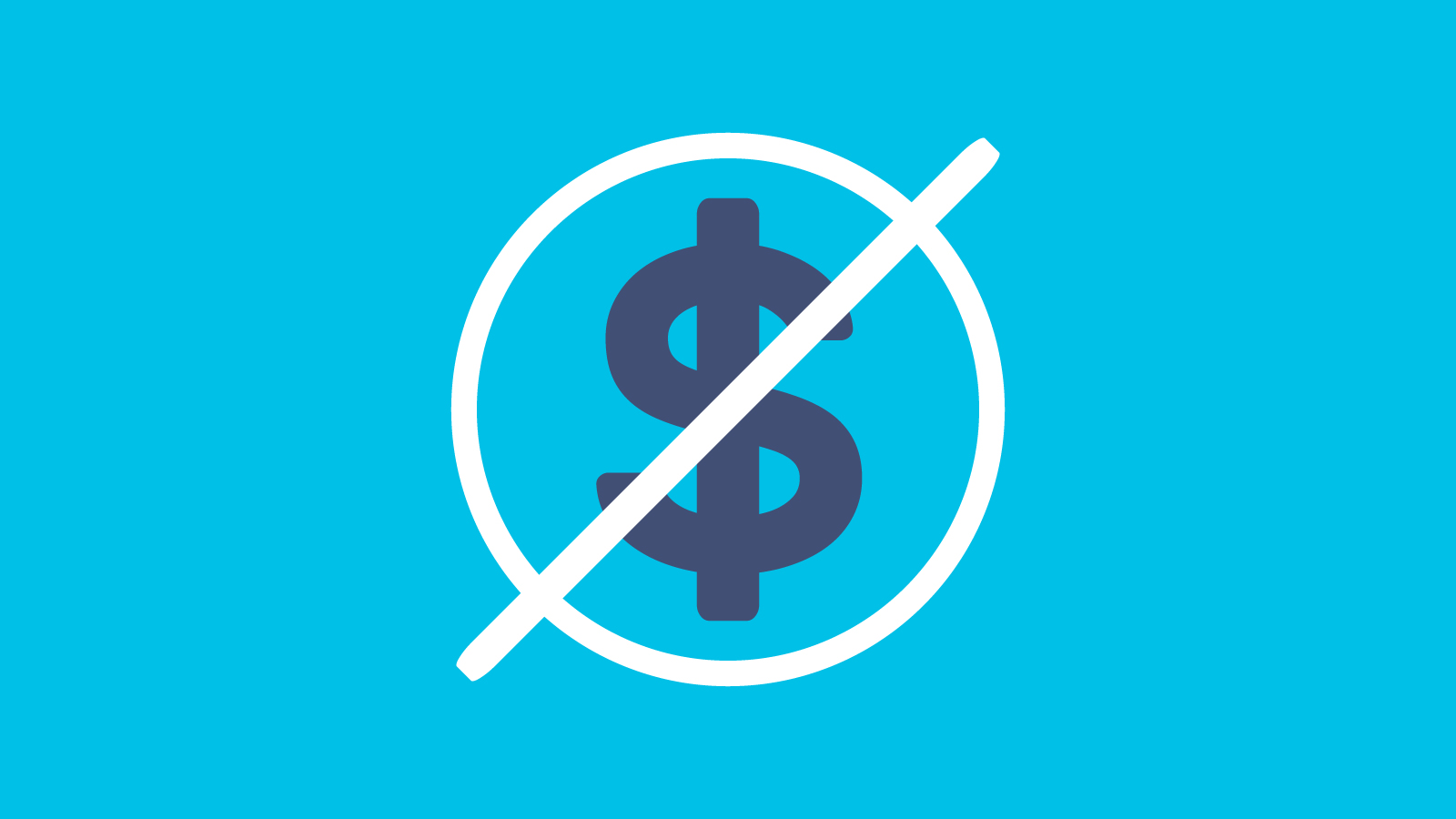Freebies and Opportunities for Science and STEM Teachers, September 19, 2023
By Debra Shapiro

Freebies for Science and STEM Teachers: Grades K–12
Why Does Food Waste Matter?
Wasted food means a loss of natural resources used for growing, processing, packing, transporting, and marketing food. In this World Wildlife Fund (WWF) video, students will learn what it takes to get food to their plate and how they can help the planet through their everyday food choices. The video is most appropriate for grades 3–10 and can be paired with WWF’s Food Waste Warrior educational materials (slideshows, lesson plans, printables, activities, posters, and more) on https://www.worldwildlife.org/teaching-resources/toolkits/be-a-food-waste-warrior.
NIH Kahoot! Quizzes
The National Institutes of Health (NIH) now has STEM offerings on Kahoot! for grades 2–12. Their Kahoot! profile page provides a full listing of quiz content from various NIH institutes and centers. These interactive quizzes test students’ knowledge of important health science topics such as hearing loss, lung health, circadian rhythms, superbugs, health literacy, drugs and alcohol, and teen depression. Educators should revisit the site regularly, as NIH will continue adding to the collection.
NIH STEM Teaching Resources Website
NIH offers a clearinghouse of free STEM education resources covering a wide range of health science topics for K–12 students. Resources on the website feature content from NIH institutes and centers, and the site also has materials developed under the National Institute of General Medical Sciences (NIGMS) Science Education Partnership Award program. The resources are easy to navigate within subject areas covering the brain and mental health, scientific tools and methods, diseases and conditions, genetics, molecules and cells, and drug use. Check back for updates as new content becomes available.
Science Snack: Our Changing Atmosphere
In this activity for grades 3–12 from the Exploratorium’s Science Snack collection, students graph carbon dioxide data from the National Oceanic and Atmospheric Administration (NOAA) to learn about natural cycles and unnatural changes in our atmosphere and make connections about climate change. The activity offers meaningful opportunities for students to work with real data while also providing valuable practice in creating visualizations from data.
Opportunity for Grades K–12
Whole Kids Foundation Bee Grants
Schools and nonprofit organizations in the United States and Canada can apply for support for educational beehives and bee programming that allow students to observe bees up close and learn about the importance of these pollinators in our food system. The grant may be used to start a new or enhance an existing bee program hosting live bees on campus. Applicants can choose a $1,500 Monetary Grant or an Equipment Grant for an Indoor Observation Hive. (Deadline October 15)
Educators can attend a webinar on September 21 at 11 a.m. Eastern Time to have their questions about the grant answered. Log on to https://wholefoods.zoom.us/webinar/register/WN_U2DbnzOPRRWqHaLzkFVJXg.
Opportunity for Elementary Level
Toshiba America Foundation Grants for Grades K–5
Teachers of grades K–5 may apply online for a Toshiba America Foundation grant of not more than $1,000 to help introduce an innovative STEM project into their classrooms. Applications must be for project-based learning, and grants will not be awarded to individual educators. (Deadline October 1)
Opportunity for High School Level
National Society of High School Scholars Grants
Apply for these NSHSS grants by October 1.
- Conference Grants. NSHSS is providing five $500 grants to help defray costs of educational conference registration, travel, and accommodations.
- School Supplies Grants. NSHSS is giving 15 high school educators $500 grants to help provide additional opportunities to their students and classrooms.
- School Club Cash Grants. NSHSS is giving 10 high school educators a $500 grant to help provide additional opportunities to their student clubs.
- Higher Education Grants. NSHSS is providing two $2,500 awards to help with the costs of tuition and course-related expenses for teachers who are enrolling in university courses in Fall 2023 or Spring 2024.
Opportunity for College Level
NIGMS Judith H. Greenberg Early Career Investigator Lecture
This National Institute of General Medical Sciences (NIGMS) event will feature Akhila Rajan, Ph.D., from the Fred Hutchinson Cancer Center. Her talk, Lard of the Flies: Investigating How Fat Cells Communicate With the Brain, will take place on September 27 at 1 p.m. Eastern Time via Zoom and on the NIH campus in Bethesda, Maryland. Rajan will describe her research using fruit flies to learn how fat cells control brain function, including how fat-sensing neural circuits maintain body weight and how high-sugar diets disrupt feeding behavior and response to injury in nerve cells.
Following the talk, Rajan will answer questions about her research and career path from students and other early career scientists during a 30-minute Q&A session. Registration is required to attend and participate in the Q&A. This lecture series aims to expose students to energetic investigators working on cutting-edge science, and to encourage them to pursue careers in biomedical research.
Biology Careers Climate Change Distance Learning Earth & Space Science Environmental Science General Science Instructional Materials Lesson Plans Life Science News Professional Learning STEM Teaching Strategies Kindergarten Elementary Middle School High School Postsecondary Informal Education


